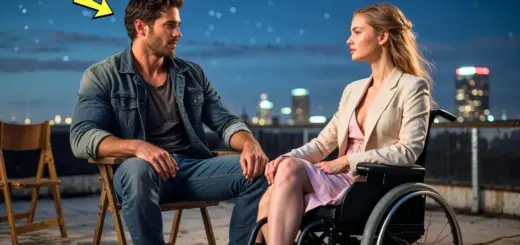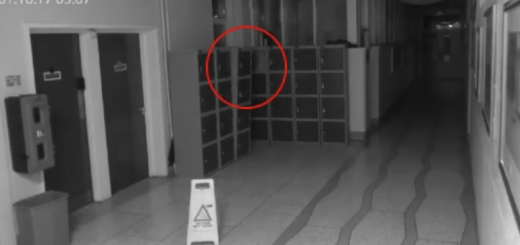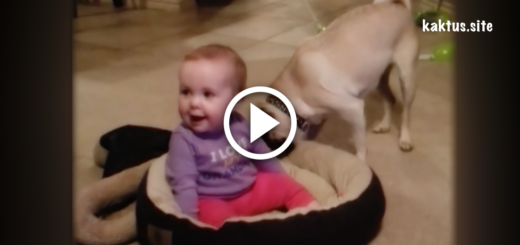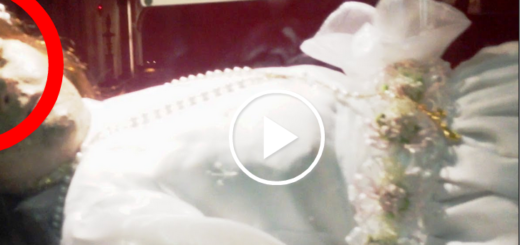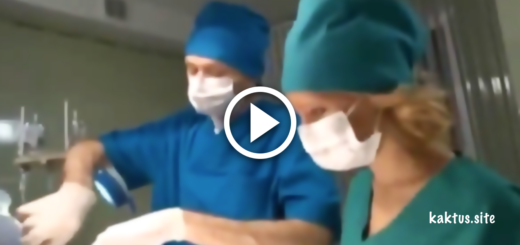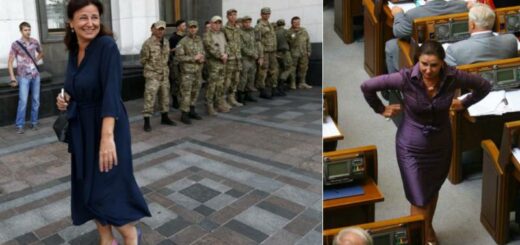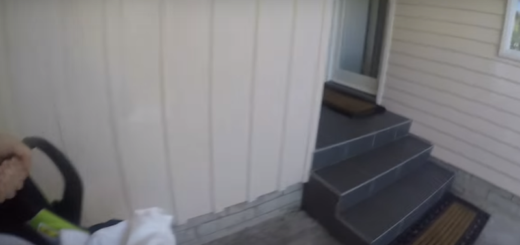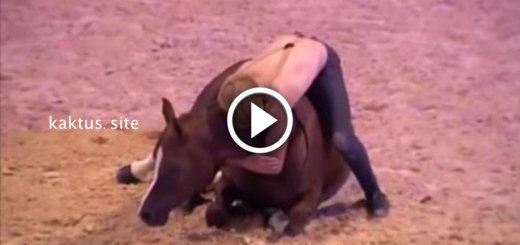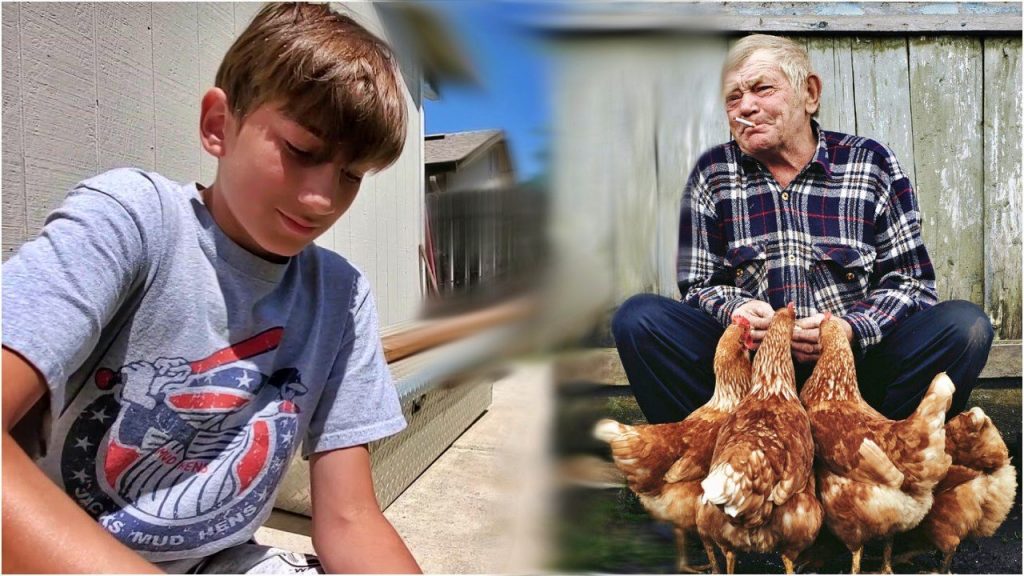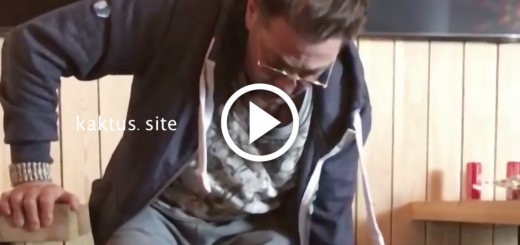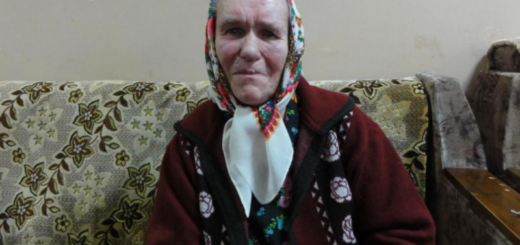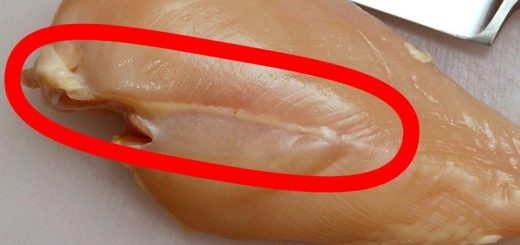They stood in front of the chair like guards. «You’re not mentioned in the will,» Randall said flatly, folding his arms. Trevor added, «It’s just for immediate family.» I looked at my sons, two grown men in tailored suits, and for a second, I couldn’t breathe. Immediate family? I gave them life. The room was cold, despite the elegant curtains and polished oak table.
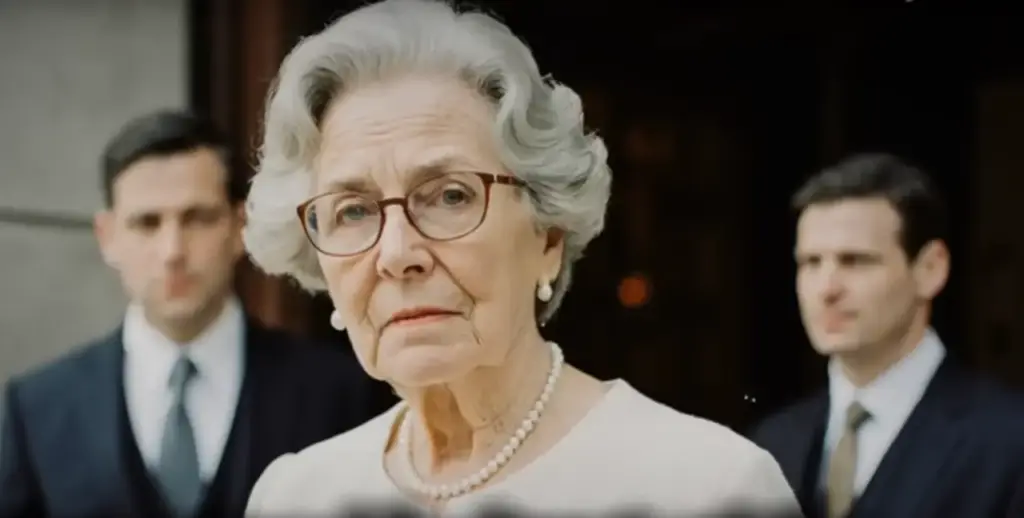
I stood at the entrance, holding the navy folder I’d brought with me like a shield. Inside was every paper I needed—not just copies, but originals. But at that moment, no one cared what I held. Not the attorney, not the paralegal, not even the few other distant relatives who barely looked up.
«I received a letter,» I said quietly, «from Winslow and Chambers. It had this address and date.»
Randall scoffed. «They must have made a mistake. We’re handling the estate now.»
«Aunt Marlene appointed us last fall,» Trevor added. «She didn’t have any children.»
«I’m her sister,» I said.
Trevor gave a half-smile, the kind he used to wear when trying to explain tech I’d never asked about. «Mom, look, you’re not in this version. We can explain it later. For now, just please don’t make a scene.»
I looked down at the floor. Worn velvet carpet, beige with flecks of green, a stain just by the sideboard. Coffee, maybe. I let the silence hang, then stepped forward.
«I’m not here to make a scene,» I said carefully. «I’m here because Marlene wanted me to be.»
«You’re not on the list,» said the secretary behind the desk. Her nameplate said K. Mendez. She looked young, uncomfortable. I didn’t blame her.
«She would have wanted me here,» I said again, not to them this time, but to the space itself. I took another step forward, reached into my folder, and handed a document to Ms. Mendez. «Please give this to Mr. Harold. I believe it supersedes any amendments made last fall.»
Ms. Mendez blinked, then took the paper and walked toward the door at the end of the room. Randall started to say something, but Trevor pulled at his arm.
«Let’s just wait,» Trevor muttered.
I sat in the chair they’d blocked. Neither of them stopped me. The folder still lay on my lap, but I no longer held it like a shield. I held it like proof.
I hadn’t planned to speak first. I’d imagined this moment—the ceremony, the formal tone, the reading. A solemn affair, as it should be. Not this, not this petty gatekeeping.
I looked across the table at a cousin I hadn’t seen in twenty years. He gave me a faint nod. I returned it. The door opened.
Mr. Harold stepped in, tall, gray-bearded, always a hint of dust on his jacket, like old books. He held the document Ms. Mendez had given him, flipping through it with deliberate slowness.
«Mrs. Delacroix,» he said. «May I speak with you privately for a moment?»
Randall bristled. «We were told this was a closed session.»
Mr. Harold ignored him. «This concerns joint filings from 2008. If you’ll follow me?»
I rose and followed him down the hallway, my legs steady, despite the weight I felt in my chest. His office smelled like cedar. There were no chairs, only a high counter.
He laid the paper flat. «This is unexpected,» he said. «You and Marlene executed a mutual will in 2008, witnessed, notarized, and filed in the county record. It predates the revision the boys submitted.»
«She insisted on it,» I said. «She didn’t trust anyone but me.»
He looked up. «Legally, it overrides the later changes, unless revoked in your presence. Was it?»
«No.»
He nodded once. «Then you are the sole beneficiary. The entire estate.»
«House? Land? Accounts?»
A pause. «The boys don’t know.»
«They suspect. But no, they don’t.»
He exhaled slowly. «Would you like me to inform them?»
«No,» I said. «Let them hear it during the reading, with everyone else.»
He studied me, then closed the file. «You’ll stay for the reading?»
«Yes,» I said. «Now that I’ve been allowed to sit.»
When I returned to the room, neither of my sons looked at me. But I saw their postures change. They knew something had shifted. And for once, I didn’t feel like the one waiting to be let in.
The house was quiet when I got home that evening, but not the comforting kind of quiet. It was the kind that made you feel like even the walls were holding their breath. I hung up my coat, kicked off my shoes, and went straight to the kitchen.
The light over the sink flickered. It had been doing that for months, but I hadn’t bothered fixing it. No one else was coming in here but me. I boiled water for tea, even though my stomach was too tight to drink anything. Habit.
There was a time this kitchen was full of voices. Randall arguing with Trevor over cereal, Marlene laughing from the doorway, Derek, my husband, clinking his mug against mine just to make me smile before work. That was another life.
Derek died twenty-two years ago, just after the new year. Heart failure. He was gone before I could get the ambulance to the house. I remember sitting on the porch in my robe, snow falling into my slippers, the phone dangling from my hand.
Randall was twenty-three. Trevor was barely twenty. They were devastated for a week. Then things turned practical. Who gets the car? Who pays the mortgage? Who handles the insurance?
They’d stepped into adulthood the way some people step onto a moving train: fast, loud, careless. At first, I didn’t mind. I was proud of them.
Randall got into real estate, started making decent money within two years. He was always charming, could talk his way into anything. Trevor stayed local, got into mechanics, and opened a garage with a friend from high school, saying he liked working with his hands.

